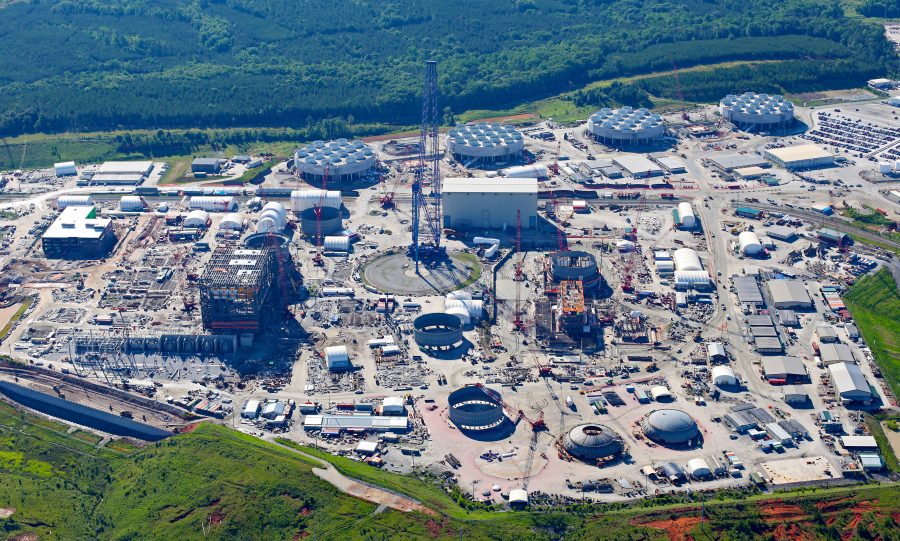
South Carolina’s energy regulator–the Public Service Commission (PSC)–will be hearing a very important case in November to decide the future of the abandoned V.C. Summer nuclear project and SCE&G’s proposed merger with Dominion Energy, which will shape South Carolina’s energy future for decades.
Southern Alliance for Clean Energy (SACE) has intervened in the docket with Coastal Conservation League, represented by the Southern Environmental Law Center, and we have submitted testimony from several experts showing how to save customers money, serve the public interest, and increase customer protection while investing in the reliable, low-cost clean energy future that our state’s citizens desire. Testimony here, here, and here.
Our testimony contains three recommendations to protect customers, to save them money, and to protect the environment.
To be clear, we are not advocating for approval of the proposed merger, however, we do advocate for the following recommendations as conditions of any approval the Commission might grant of the merger.
First, any approval of the merger should be conditioned upon securitization of SCE&G’s stranded V.C. Summer costs, which would save customers up to $2 billion dollars. Securitization of SCANA’s stranded costs would function similarly to refinancing a home mortgage and would allow customers to pay a relatively low rate, via a low-interest bond, instead of the relatively high rate of return sought by the utilities. Additionally, securitization could be used to retire the company’s less efficient and relatively expensive power plants, and replace them with very inexpensive and non-polluting solar energy.
Second, any approval of the merger should be conditioned upon the requirement for SCE&G to conduct an open, transparent all-source Request for Proposals or “RFP,” through which independent power producers could submit proposals and all proposals could be considered side-by-side. This would allow all energy resources, both supply-side and demand-side–and all energy providers–to compete on an even playing field and allow the lowest cost bids to prevail. Since renewable energy and energy efficiency can be installed incrementally and have no variable fuel costs, they would bypass the risk that is intrinsic in building a mega-project like V.C. Summer, which led us to this point.
Third, should the merger proceed, the Commission should protect consumers from overpaying for natural gas by prohibiting Dominion from selling natural gas to itself unless its necessity can be proven and it is the least expensive gas available. Even though there is no demonstrated need for additional interstate gas pipeline capacity in South Carolina, there would be a strong financial incentive for Dominion to pass the costs of a potential interstate pipeline expansion onto SCE&G customers. The Commission should protect customers from potential overpayment by prohibiting Dominion affiliate companies from self-dealing.
In sum, a few conditions on the merger could save customers billions of dollars and help meet public interest goals, such as a cleaner environment.